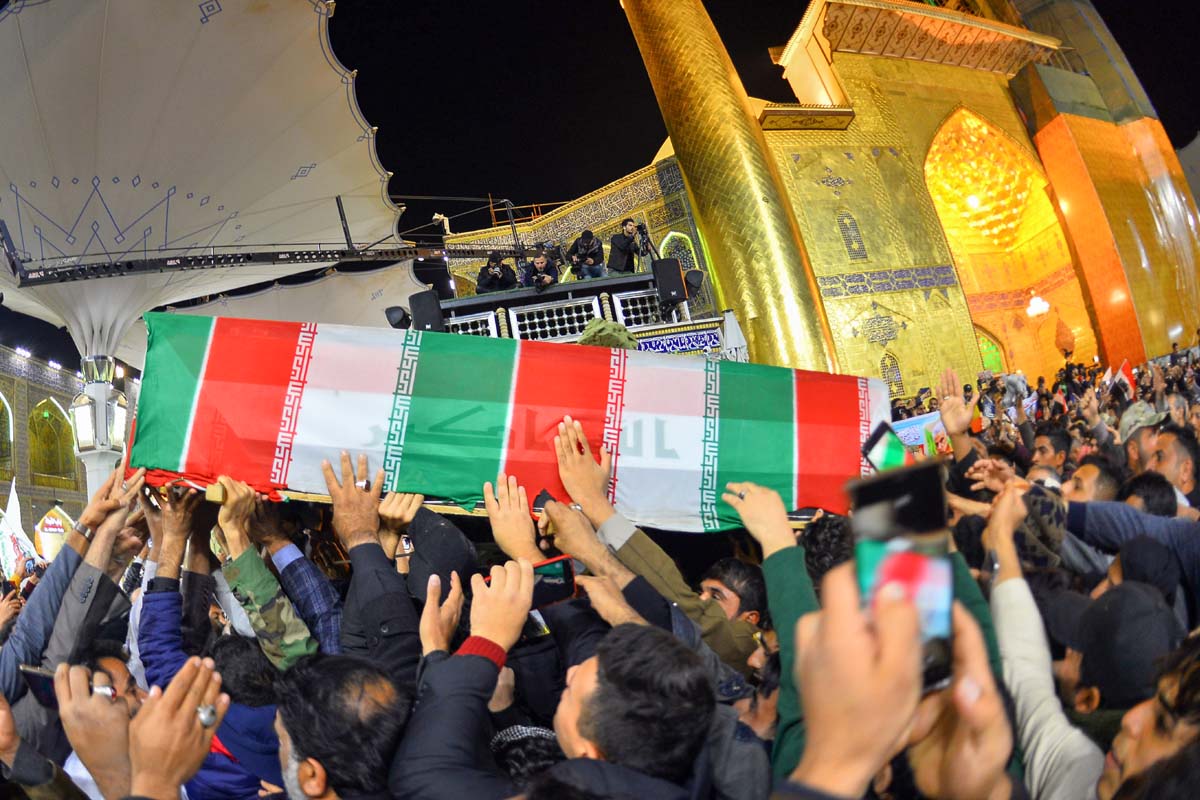The 45th President of the United States of America has, in a way, assassinated an Iranian general. It would be pesumptuous quite yet to hazard a guess on whether Friday’s killing of General Qassem Suleimani in a drone attack at Baghdad airport ~ and on the orders of Donald Trump ~ could ignite a war.
Suffice it to register that it has been a direly tragic start to the New Year. Mr Donald Trump had, during his campaign for the White House in 2016, pledged that his country would not become further entangled in what he called “endless wars” in the Middle East. He has almost consciously backtracked and mortally so with the biggest gamble in geostrategy, verily an overkill in the immediate aftermath of the US embassy siege that did not result in a single casualty.
Advertisement
The killing of General Suleimani, a shadowy figure in the Middle East, has binned the inward-looking “America First” policy of the White House. On Friday, Mr Trump betrayed an impulsive taste for confrontation and military adventure. General Suleimani was a ruthless and cynical perpetrator of lethal violence against western interests, and played a part in mass killings of civilians at the height of Syria’s civil war.
He was cast in the mould of the Isis leader, Abu Bakr al-Baghdadi, who was killed by US special forces some months ago. As leader of the Revolutionary Guards’ Quds force, Suleimani was considered the second most powerful figure in the Iranian regime, indeed next to the Supreme Leader, Ayatollah Khamenei. He was a revered figure in his country, having first made his reputation during the Iran-Iraq conflict in the late 1980s.
Small wonder that his assassination has been deemed as an act of war against a beleaguered country but still militarily potent state. The misadventure inherent in the assassination is fraught on the part of a partially impeached President (in the House of Representatives) and in the year of the presidential election.
It would be useful to recall that the assassination attempt was so risky that George Bush had rejected similar opportunities, despite General Suleimani’s prominent role in the Iraqi insurgency against American troops following the invasion of 2003. Barack Obama later made the same call, but thought that it could lead to war with Iran.
Mr Trump, flaunting an American flag to mark the moment, decided to take the chance. In the net, he has endangered US security and the stability of the world’s most volatile region. The General’s death could spur similar action on a larger scale. The Iranian nuclear deal, which European diplomats have been trying to keep alive following America’s withdrawal from it in 2018, must now be close to collapsing.
There is consternation in the world today over Mr Trump’s self-arrogated licence to kill. He is the sort of President that the United States of America, the fountain-head of democracy, libertarian thought and action, can well do without.









